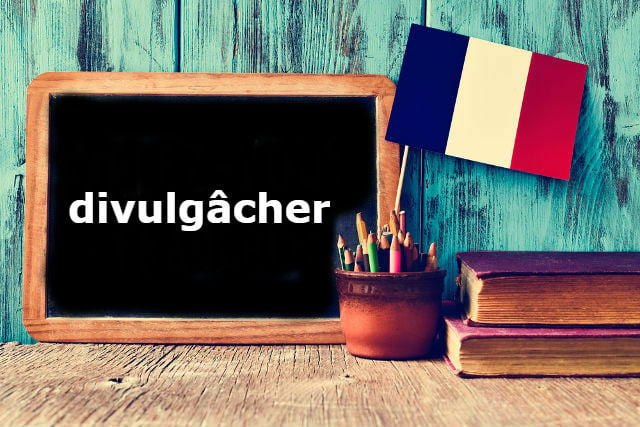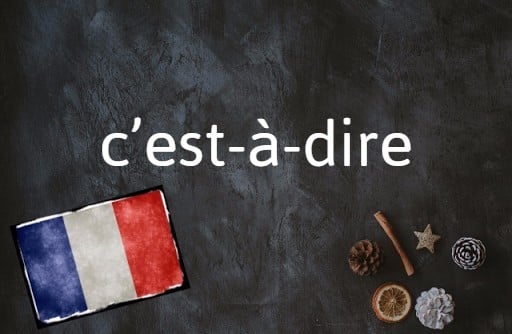
FRENCH WORD OF THE DAY
French Word of the Day: divulgâcher
If you want to speak French with the full approval of the country's language guardians, you'll want to add this word to your vocabulary list.
Published: 10 July 2019 15:20 CEST

Photo: Depositphotos
Why do I need to know divulgâcher?
Many of the words we cover in our French Word of the Day series are the ones your teachers don't want you to say, often because they're considered slang, swearing or abbreviations.
But if someone from the Academie Francaise is in the vicinity when you break out this word, you'll probably be given an official award for services to the French language right there on the spot.
So, what does it mean?
Divulgâcher is a combination of the words divulguer ('to divulge') and gâcher ('to ruin').
It is a new word created in a bid to stop the French from using the word spoiler, taken from the English noun used to describe something that ruins a story/film etc.
In French, spoiler is used as a verb but the Academie Francaise – the notoriously conservative organisation which deplores nothing more than the French adopting English words – hopes that divulgâcher will replace it.

Url copied to clipboard!


 Please whitelist us to continue reading.
Please whitelist us to continue reading.
Member comments